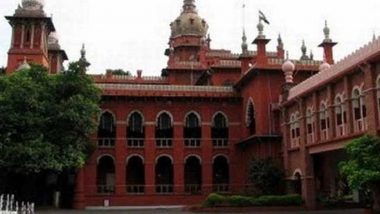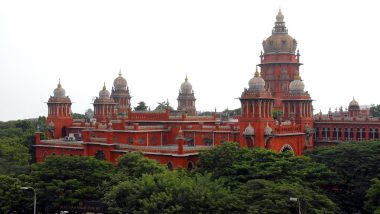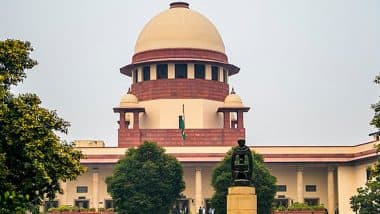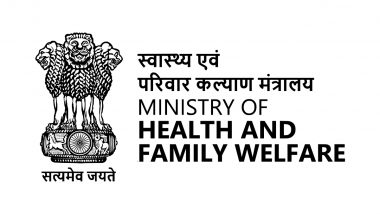Chennai, September 10: The Madras High Court on Monday directed a medical expert committee to examine a nine-year-old boy, whose father had made a plea for his passive euthanasia and to report whether the persistent vegetative state criteria was fulfilled and if there was any scope for the boy's treatment. Earlier, the court had appointed a three-member independent panel to suggest experts to examine the boy. While hearing the petition, the division bench comprising Justice N Kirubakaran and Justice S Baskaran, the panel suggested the names of the experts.
The committee of experts included Dr N Thilothammal, professor of paediatric neurology (retd), Dr T Ravichandran, Director, Institute of Social Paediatrics-Government Stanley Medical College and Hospital, and Dr Bala Ramachandran, Chief, Paediatric Critical Care Unit, Kanchi Kamakoti Childs Trust Hospital, Chennai. The bench then the Director, Tamil Nadu Government Multi-Super Speciality Hospital, Omandurar Government Estate, to provide all facilities to the experts for testing the child. It directed the expert committee to examine the child as early as possible and to report to the court.
The bench also directed the state and central governments to take care of the child or to look for NGO for maintaining the child. The boy’s father, R Thirumeni had approached the court, seeking permission to resort to passive euthanasia for his son T Paarvendhan. Therumeni’s son is in the persistent vegetative state since his birth on September 30, 2008.
The plea is the first such in the country after the Supreme Court in March this year held that the fundamental right to life guaranteed under Article 21 of the Constitution includes the right to live with dignity till the end and it, therefore, includes the right to die with dignity. Paarvendhan also suffers from epileptic seizures, caused by a disturbance in the electrical activity of the brain, ranging between 10 and 20 times a day when controlled by medicines.
Thirumeni is a tailor by profession and has to spend Rs 10,000 per month to meet the medical expenses. All the doctors he approached are of the same opinion that his boy will not recover. The petitioner urged the court to permit him to withdraw all forms of food, nutrition and medicine to his son and smoothen his process of dying. On August 24, the court appointed a three-member committee, comprising neurosurgeon Dr Reginald, paediatrician Dr P Ramachandran and chief medical officer of Central Government Health Scheme Dr Uma Maheswari, and directed them to suggest experts within two weeks.
A persistent vegetative state (PVS) is a disorder of consciousness in which patients with severe brain damage are in a state of partial arousal rather than true awareness. After four weeks in a vegetative state (VS), the patient is classified as in a persistent vegetative state.
Passive euthanasia does not involve doing anything directly to end the life of the patient, like poisoning or overdosing the patient. Instead, death happens by an act of omission. The doctors or the caregivers stopping the treatment, allowing the patient to die on his or her own.
(With inputs from PTI)
(The above story first appeared on LatestLY on Sep 10, 2018 10:47 PM IST. For more news and updates on politics, world, sports, entertainment and lifestyle, log on to our website latestly.com).



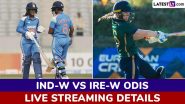



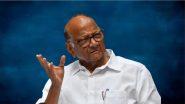


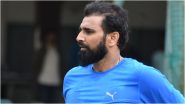


 Quickly
Quickly









